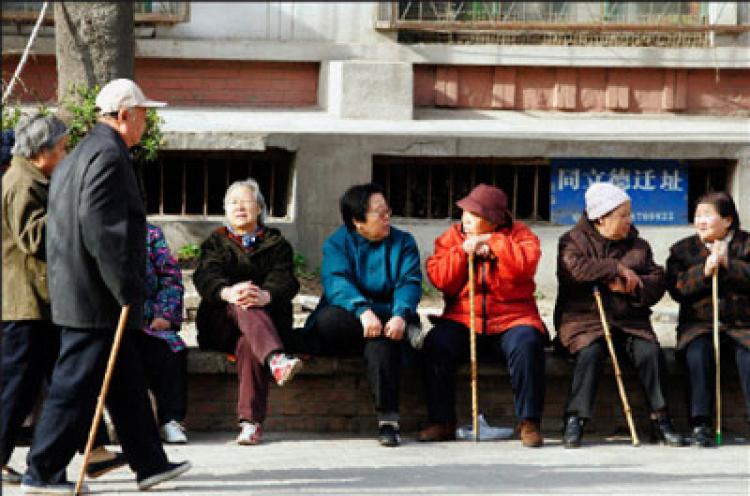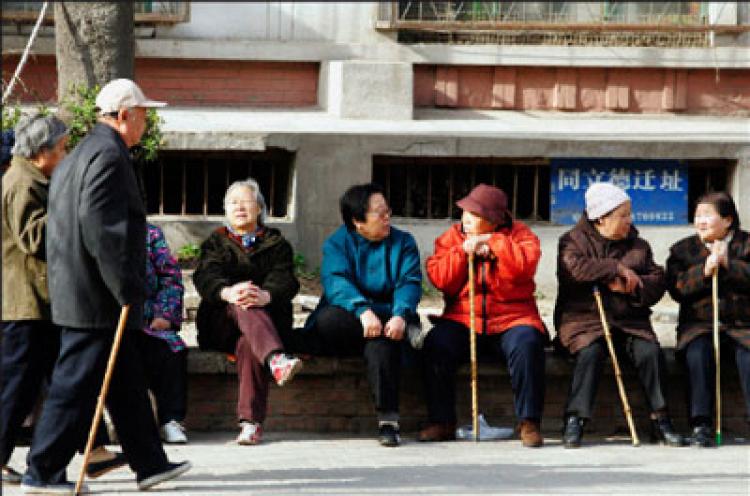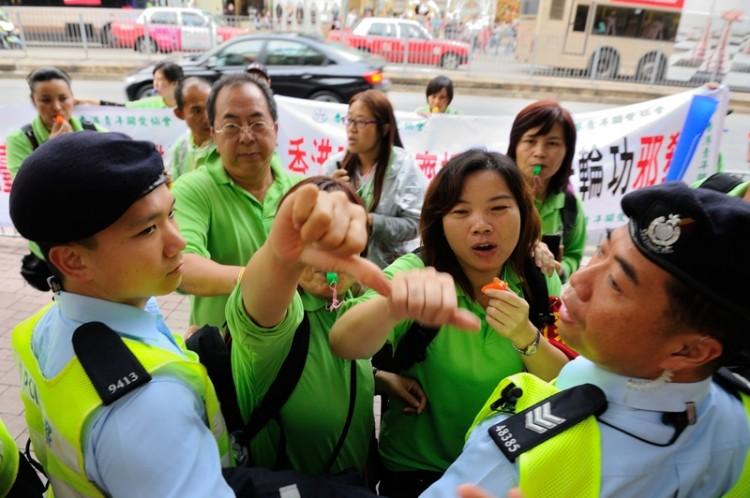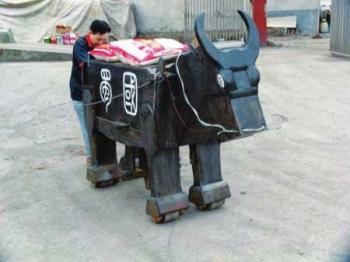China’s One-child Generation Finds it Hard to Repay the Favor
Three-quarters of the first generation of Chinese born under the one-child policy in China find it a struggle to provide for aging parents.
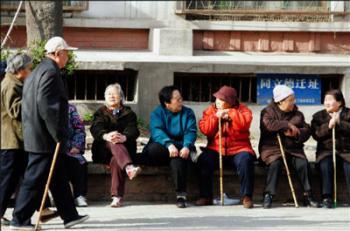
The number of seniors is climbing in China. A young couple born in the 80s are the sole caregivers of four aging parents. Getty Images
|Updated:
